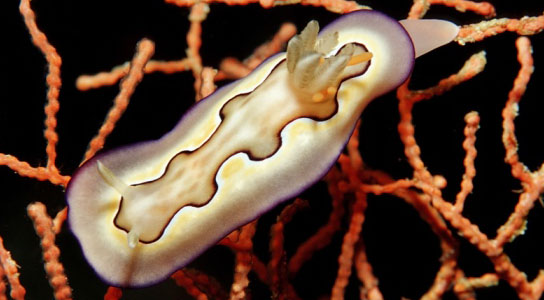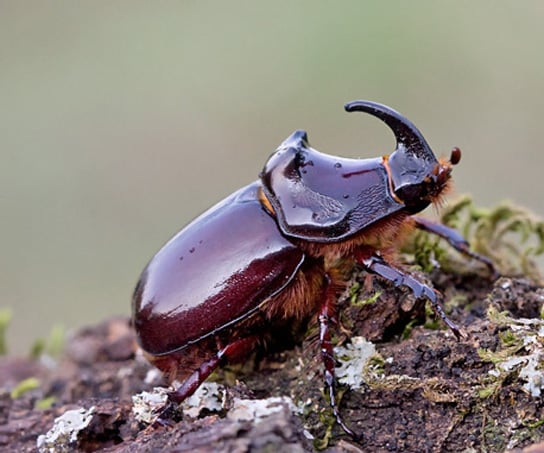
One in five of Earth’s invertebrate species is currently threatened with extinction. These creatures represent 99% of the biodiversity on Earth. Until now, scientists haven’t attempted a comprehensive review of the conservation status of this many species. Less than 1% of invertebrates had been assessed by the International Union for Conservation of Nature (IUCN).
Scientists published their findings in a report in the journal Zoological Society of London. The IUCN’s Red List is biased towards larger species. The project that Ben Collen, a biodiversity scientist at the ZSL Institute of Zoology in London has been running for the last five years tries to put invertebrates onto the Red List systematically.

The greatest threat is to freshwater invertebrates, which include crabs and snails. Mobiles invertebrates, such as butterflies and dragonflies, tend to have the least risk of extinction. The report estimates that 34% of freshwater invertebrates are at risk, including more than half of the world’s freshwater snails and slugs. In the southeastern USA, almost 40% of mollusks and crayfish could be wiped out due to dams and pollution. In the oceans, a third of reef-building corals are endangered because of climate change which causes bleaching and acidification.
Habitat loss, pollution, and invasive species represent the biggest threats to invertebrate diversity on Earth. The proportion at risk is similar to the findings in vertebrates and plants. The report will be presented to the World Conservation Congress in Jeju, South Korea on September 7th.
Collen and his team used a sampled approach to evaluate 1,500 known species in the 4 representative groups, freshwater mollusks, dragonflies, dung beetles, and butterflies. They included assessments of crayfish, freshwater crabs, reef-building corals, and cephalopods in their evaluation.
Collen and his team queried thousands of experts worldwide to help gather data. This was supplemented with data from independent taxonomic and regional assessments. Some experts warn that it’s premature to draw conclusions from such a limited sample. It’s too small to make generalizations.
2 Comments
We are destroying the food chain and get nothing but push back from climate change deniers. These deniers are effectively killing the planet for human habitation. I hope their ‘god’ is happy.
And the world is losing oxygen too, isn’t it? Or is it just my imagination?